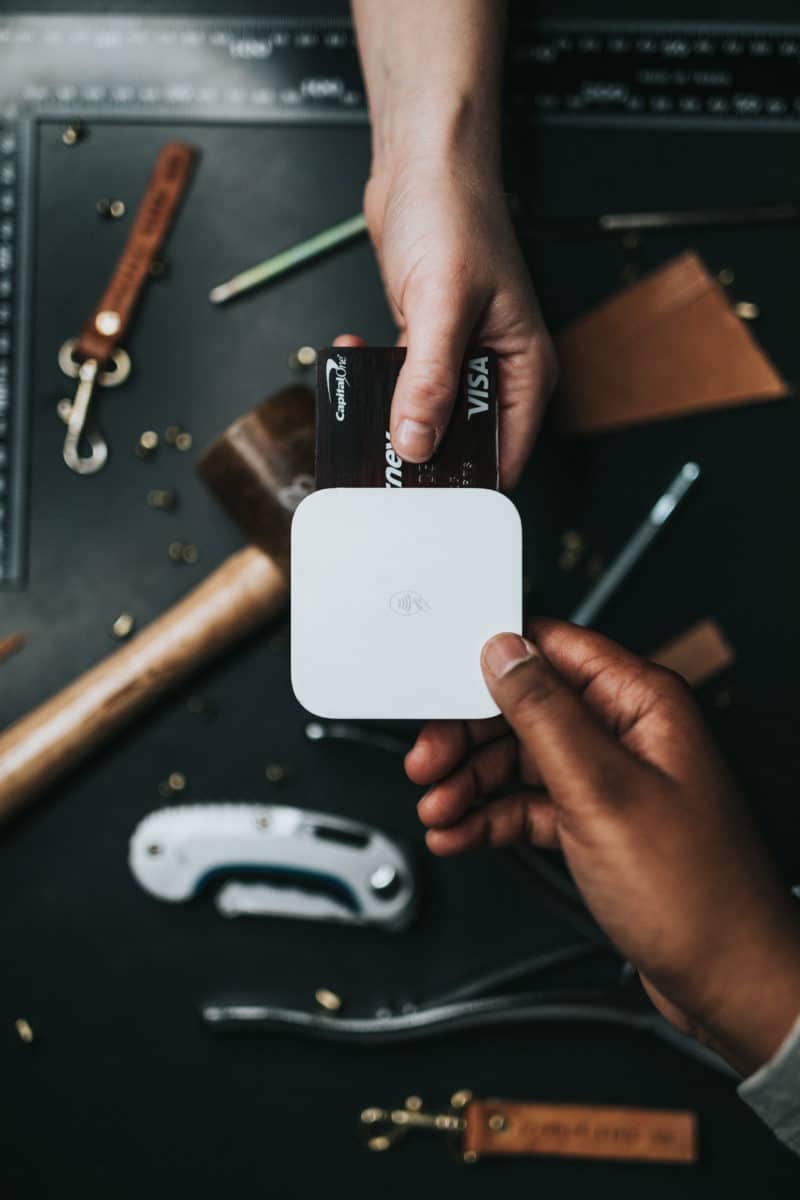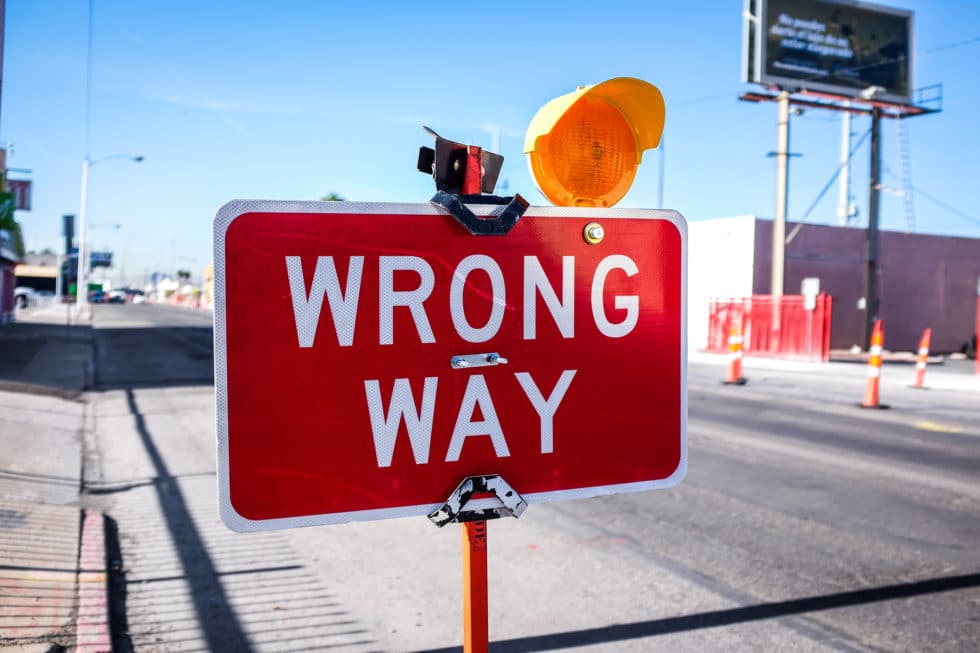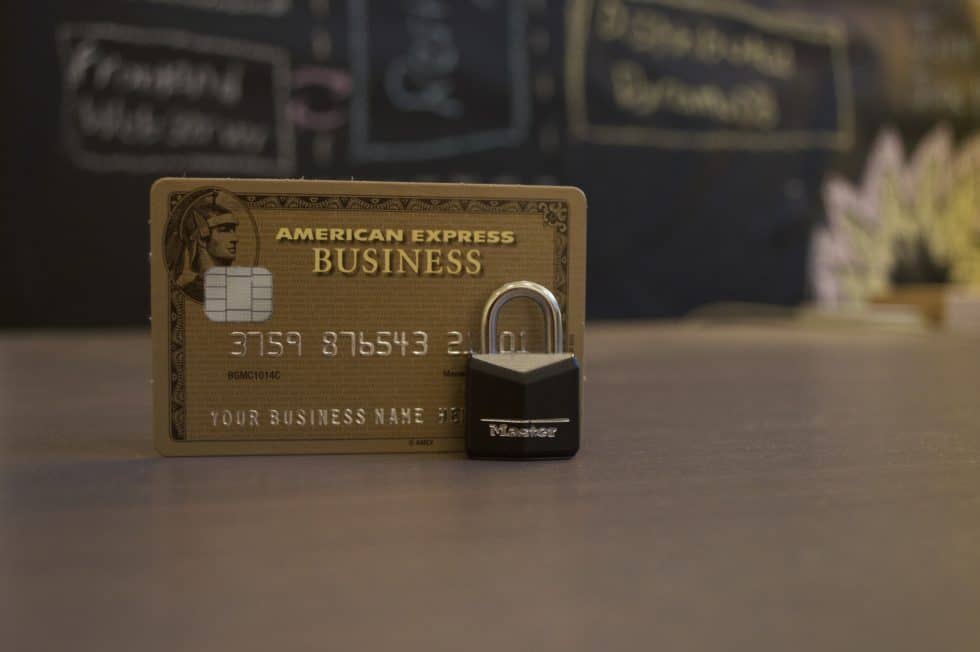A good eight years ago, I demanded it once before: Please dear bank, just let me pay. (https://www.deutsche-startups.de/2013/08/22/liebe-bank-bitte-lass-mich-endlich-bezahlen/amp/). Almost a decade later the time has come. The topic has reached politicians, central authorities and experts: The wish to bundle the various initiatives of the German credit industry with payment in order to be able to offer powerful and up-to-date offers against new players.
A few selected statements regarding this topic:
- StS Kukies wants to make Germany the leading payment location in Europe
- German banks consolidate their loose ends of various payment products under the project name #DK.
- Bundesbank board member Balz demands European alternative to PayPal/ApplePay & Co
At that time – eight years ago – I was already annoyed as a customer, and also from my time as executive director of giropay, by all the terms and single activities of offers like the money card, ec card, Maestro, girocard, giropay, vpay, visa etc.. In the meantime it has not become clearer, but even further initiatives like paydirekt, yes, VERIMI, girogo, kwitt etc. have been added. And what is the result? Do we humans understand these offers? Do we know when we should use which meaning-fully? Are the procedures and advantages transparent for us? Or do we not just want to pay but identify ourselves, for example? I asked our group and asked a few open questions and would like to open them up to the outside world:

- Does a new central German payment solution even have a chance?
- Isn’t that too short-sighted?
- Do we still have a chance to be more than just infrastructure?
- Aren’t Visa, Master, Amex, PayPal on the one hand and Alipay on the other already too strong? What role do Appel, Google and Facebook really play?
- Are the shareholders of the initiatives in agreement or is this impossible at all?
- Is the political will a curse or a blessing?
- Aren’t all the German banks’ payment assets already hawked?
- Have we concentrated too long on GER?
- Which relevant European schemes / players are there at all?
- Is DK’s current girocard focus right?
- https://die-dk.de/themen/veranstaltungen/dk-info-2019-event/
At the Bundesbank Symposium, the topic was also on the agenda – Andreas Krautscheid, executive director of the German Bankers Association, spoke about this topic. However, with a not yet so clear statement regarding the European approach of such a new solution. His statements still sound a little like: “Wash me, but don’t make me wet.”
Jochen Siegert
It’s about time! Good that it was finally recognized that the patchwork of loose ends of different parallel and partly directly competing payment methods is not in the sense of customers, trade and thus ultimately not meaningful for the credit industry itself. What is frightening, however, is the fact that external political pressure was apparently necessary in order to get colleagues from associations and credit institutions moving and here also lies the crux.
What happens now? The proven consultants, who have always “helped”, develop concepts for the merger, which are then implemented by the proven payment “experts” in the companies that are already responsible for the status quo. Will competitive payment methods finally be developed in this way? Will the blocking internal political ponytails of the past finally be cut? Will the silos finally be broken through and we will get a procedure that can be used stationary, online or mobile?
Will the market finally act entrepreneurially with clear economic responsibility and consequences? Is DK finally thinking beyond national borders in payment? This does not mean that the other countries should adopt our solutions, as so often secretly desired. Looking at the newly introduced digital credit payment initiatives of the last 20 years, de facto, all are flopped, as I summarized in an article months ago:
“Will the market finally act entrepreneurially with clear economic responsibility?”
https://paymentandbanking.com/die-relevanz-von-applepay-und-googlepay-fuers-digitalpayment/
Looking at the market valuation of the shares of Wirecard, Adyen, PayPal and Co vs. our major banks, the financial consequences of the wrong strategic and operational decisions of the last two decades, can be measured in hard euros. Instead, the gaping gaps in the customer names such as Paypal, Klarna, Ratepay and Co fill online and Apple, Google, Payback Pay mobile.
Can the wrong or neglected product policy decisions of the last 20 years suddenly be reversed? Is there still a need for a national payment scheme in 2019? I am sure that the answer to the payment challenges can only be found in a European approach that is consistently driven by business.

Miriam Wohlfahrt
I no longer believe in a German solution. That is thought far too small and also too late. A European solution is needed. I don’t want to commit myself to exactly what it looks like. In my view, an ideal European payment scheme would be a mixture of instant payment and SEPA direct debit. In my wishful thinking, there is a Europe-wide one-click payment solution, which runs without login hurdles and annoying 3DS, only with an IBAN input, with real-time account check (to avoid chargebacks due to lack of funds) in the background.
The consumer would be on the safe side because he could charge back the payment at any time in the event of misuse. The prerequisites for this are theoretically here already. Of course, a smart solution for identification and risk processes is still required, upstream.
Nobody wants fraud and identity theft. But in my opinion, you can get a handle on that, too. The DSGVO and the PSD2 help us in this, they provide the frame and the legal framework for a Europe-wide solution.
” The DSGVO and the PSD2 provide legal framework for a Europe-wide solution.
